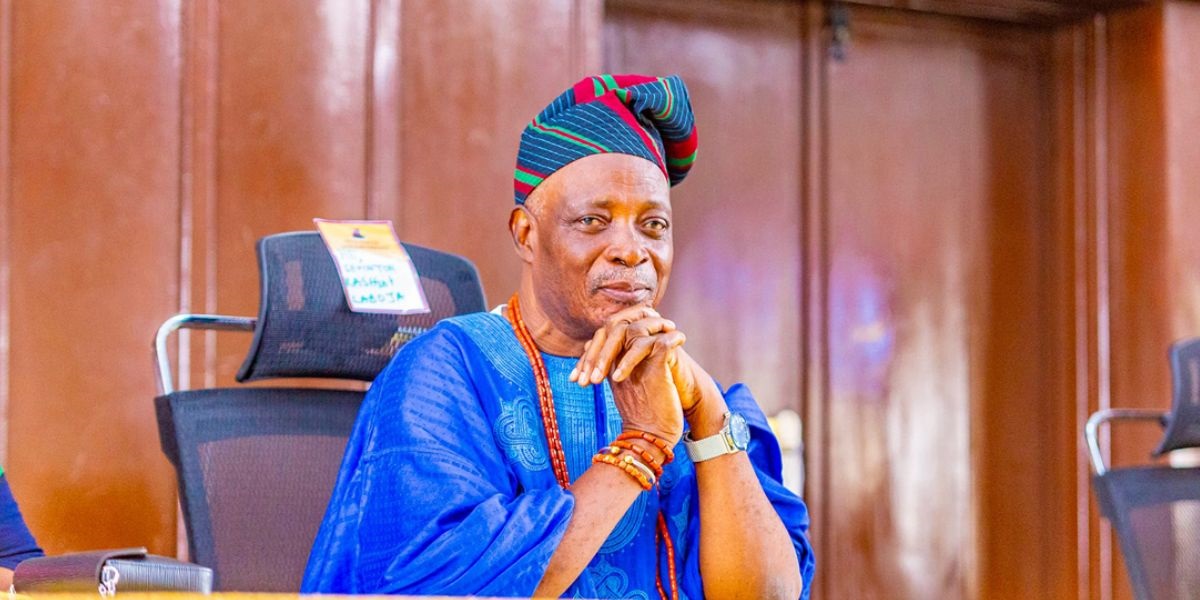Speaker of the House of Representatives, Abbas Tajudeen, has said the House stands solidly behind President Bola Tinubu’s borrowing plans.
He said that such measures were vital for financing critical infrastructure and stimulating economic growth.
Delivering the keynote address at the 8th Annual African Network of Parliamentary Budget Offices Conference, Abbas noted that the recent House’s position on government borrowing was misrepresented.
The conference, hosted by the Nigerian National Assembly and the National Assembly Budget and Research Office (NABRO), focused on “The Role of PBOs in African Parliaments’ Fiscal Oversights: Contribution to the African 2063 Development Agenda.”
The Speaker was referring to claims made by him at the 11th Annual Conference and General Assembly of the West Africa Association of Public Accounts Committees (WAAPAC), organised by the House of Representatives Public Accounts Committee.
In his speech at the event read by the House Leader, Prof Julius Ihonvbhere, the speaker had warned that the nation’s debt-to-GDP ratio had climbed to 52 per cent, surpassing the 40 per cent statutory limit, while urging parliaments across West Africa to strengthen oversight of public borrowing to safeguard the future of their citizens.
But speaking on Monday, Abbas clarified that the legislature had consistently supported responsible and targeted borrowing to meet Nigeria’s pressing developmental needs.
According to him, strategic and responsible borrowing is an essential fiscal tool, saying that Nigeria must sometimes leverage credit to finance critical infrastructure, stimulate growth, and protect vulnerable populations.
Disclosing that Nigeria loses an estimated $18 billion every year to financial crimes, representing roughly 3.8 per cent of the country’s GDP, the speaker stressed the urgent need for strengthened parliamentary fiscal oversight to safeguard public resources.
He warned that the continent collectively loses over $587 billion yearly due to corruption, illicit financial flows, and inefficiencies.
The Chairperson of the African Network of Parliamentary Budget Offices (AN-PBO), Prof. Dumisani Jantjies, warned that Africa’s economies remain highly vulnerable to external shocks, including volatile capital flows, global trade disruptions, and climate change impacts.






